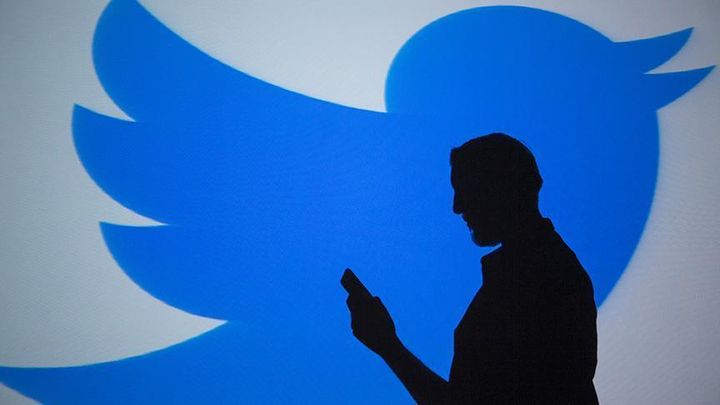Twitter Will Soon Block Paid Political Ads; Facebook Won't
Twitter will soon block the possibility of publishing paid political ads. According to the company, they enable manipulation of public opinion. Facebook has recently taken a diametrically different stance on the issue.
1

Jack Dorsey from Twitter announced that the platform will soon block the publication of paid political ads, except for those that are non-partisan in nature - they do not promote a particular person or political opinion, but, for example, a change in the electoral law or in the system of registration or counting of votes. The Change will enter into force on November 22, and a week earlier we will receive a revised set of rules governing this type of matters.
Where did this idea come from? According to Twitter representatives, in politics, the reach of a large audience should be "won, not bought". If a given channel has developed a large group of followers (followers of subsequent entries and information on the account), it has the right to reach them with its message. Paying for the same privilege avoids the effort and, in a sense, is against the will of users - they receive certain information even when they are not interested in it. This in turn supposedly allows for manipulation of public opinion, especially in connection with solutions that utilise miracles of AI - algorithms that optimise content for the user and artificial pictures and sounds generated within the framework of so-called "deep fakes".
Interestingly, Twitter's position is in direct contradiction to Facebook's approach. According to Mark Zuckerberg, blocking paid political ads would be a violation of the principle of freedom of speech, which is one of the most important principles of the American constitution (and the whole Western civilization).
We need to be careful about adopting more rules that can restrict what people can say. I don't think it's right for politicians to be censored," said Mark Zuckerberg during a conversation with investors.
1
Latest News
- End of remote work and 60 hours a week. Demo of Naughty Dog's new game was born amid a crunch atmosphere
- She's the new Lara Croft, but she still lives in fear. Trauma after Perfect Dark changed the actress' approach to the industry
- „A lot has become lost in translation.” Swen Vincke suggests that the scandal surrounding Divinity is a big misunderstanding
- Stuck in development limbo for years, ARK 2 is now planned for 2028
- Few people know about it, but it's an RPG mixing Dark Souls and NieR that has received excellent reviews on Steam, and its first DLC will be released soon

